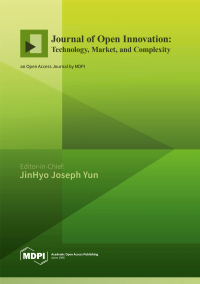Stock price prediction is a significant research field due to its importance in terms of benefits for individuals, corporations, and governments. This research explores the application of the new approach to predict the adjusted closing price of a specific corporation. A new set
[...] Read more.
Stock price prediction is a significant research field due to its importance in terms of benefits for individuals, corporations, and governments. This research explores the application of the new approach to predict the adjusted closing price of a specific corporation. A new set of features is used to enhance the possibility of giving more accurate results with fewer losses by creating a six-feature set (that includes High, Low, Volume, Open, HiLo, OpSe), rather than the traditional four-feature set (High, Low, Volume, Open). The study also investigates the effect of data size by using datasets (Apple, ExxonMobil, Tesla, Snapchat) of different sizes to boost open innovation dynamics. The effect of the business sector in terms of the loss result is also considered. Finally, the study included six deep learning models, MLP, GRU, LSTM, Bi-LSTM, CNN, and CNN-LSTM, to predict the adjusted closing price of the stocks. The six variables used (High, Low, Open, Volume, HiLo, and OpSe) are evaluated according to the model’s outcome, showing fewer losses than the original approach, which utilizes the original feature set. The results show that LSTM-based models improved using the new approach, even though all models showed a comparative result wherein no model showed better results or continuously outperformed other models. Finally, the added new features positively affected the prediction models’ performance.
Full article



